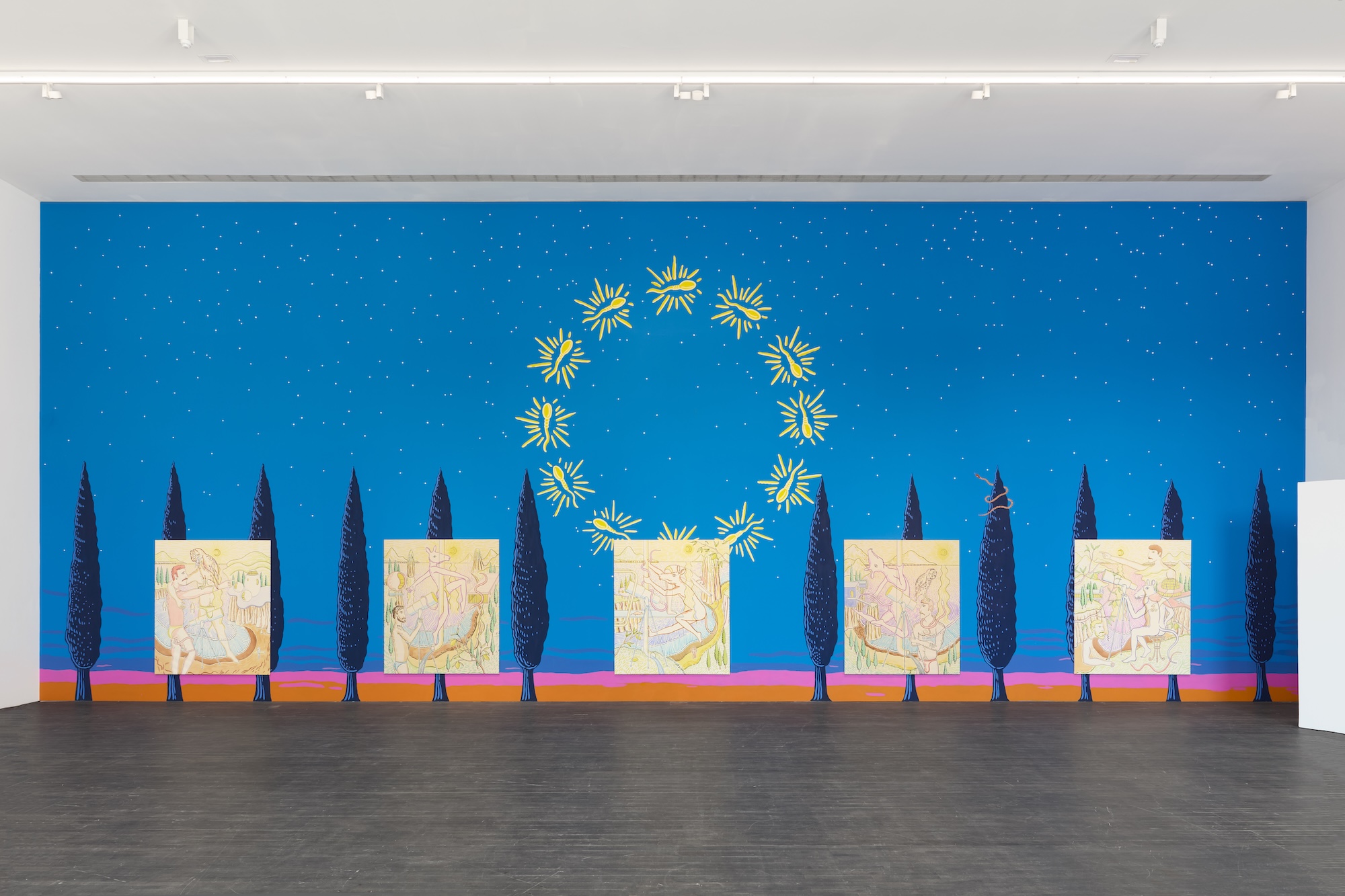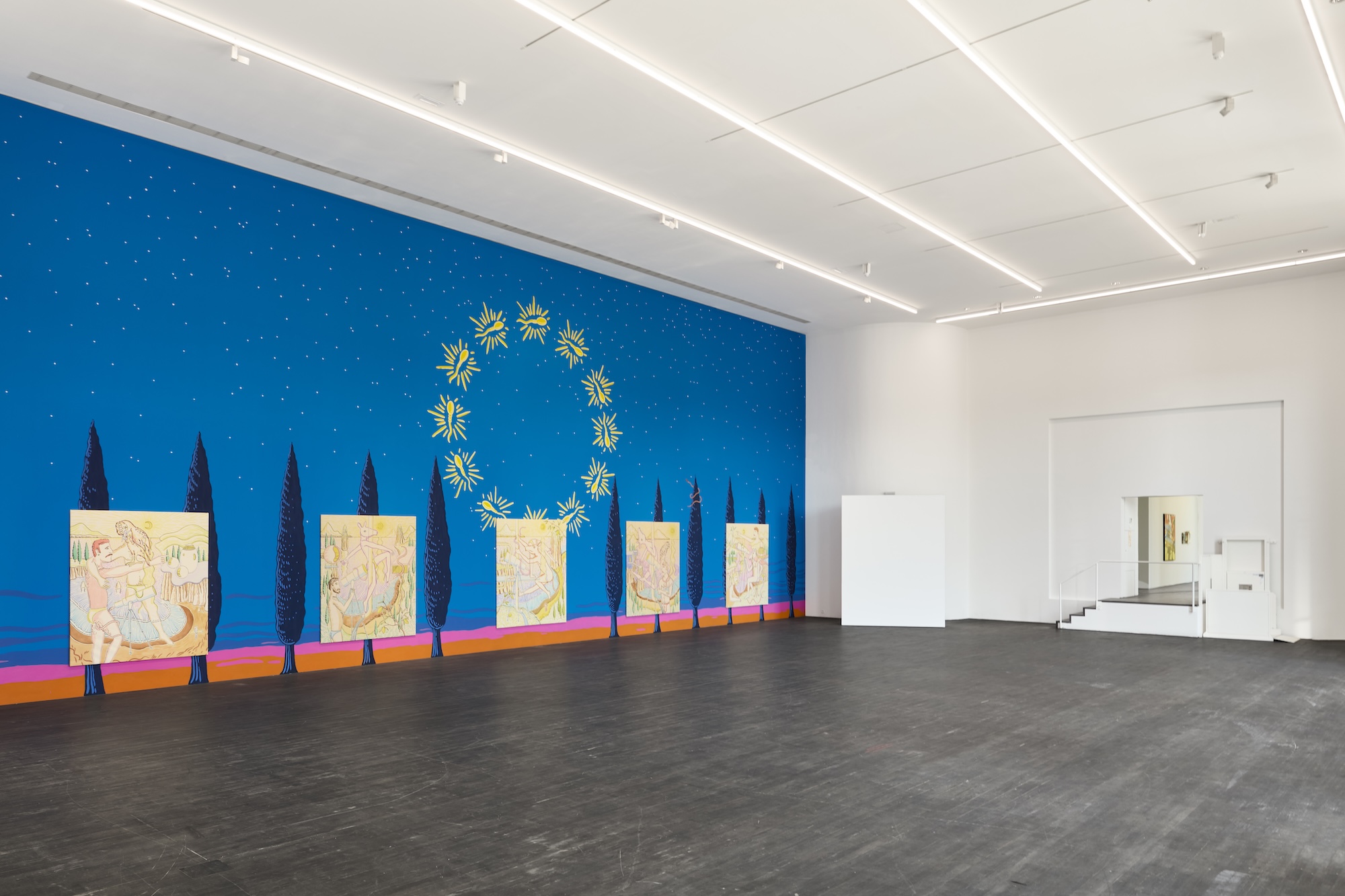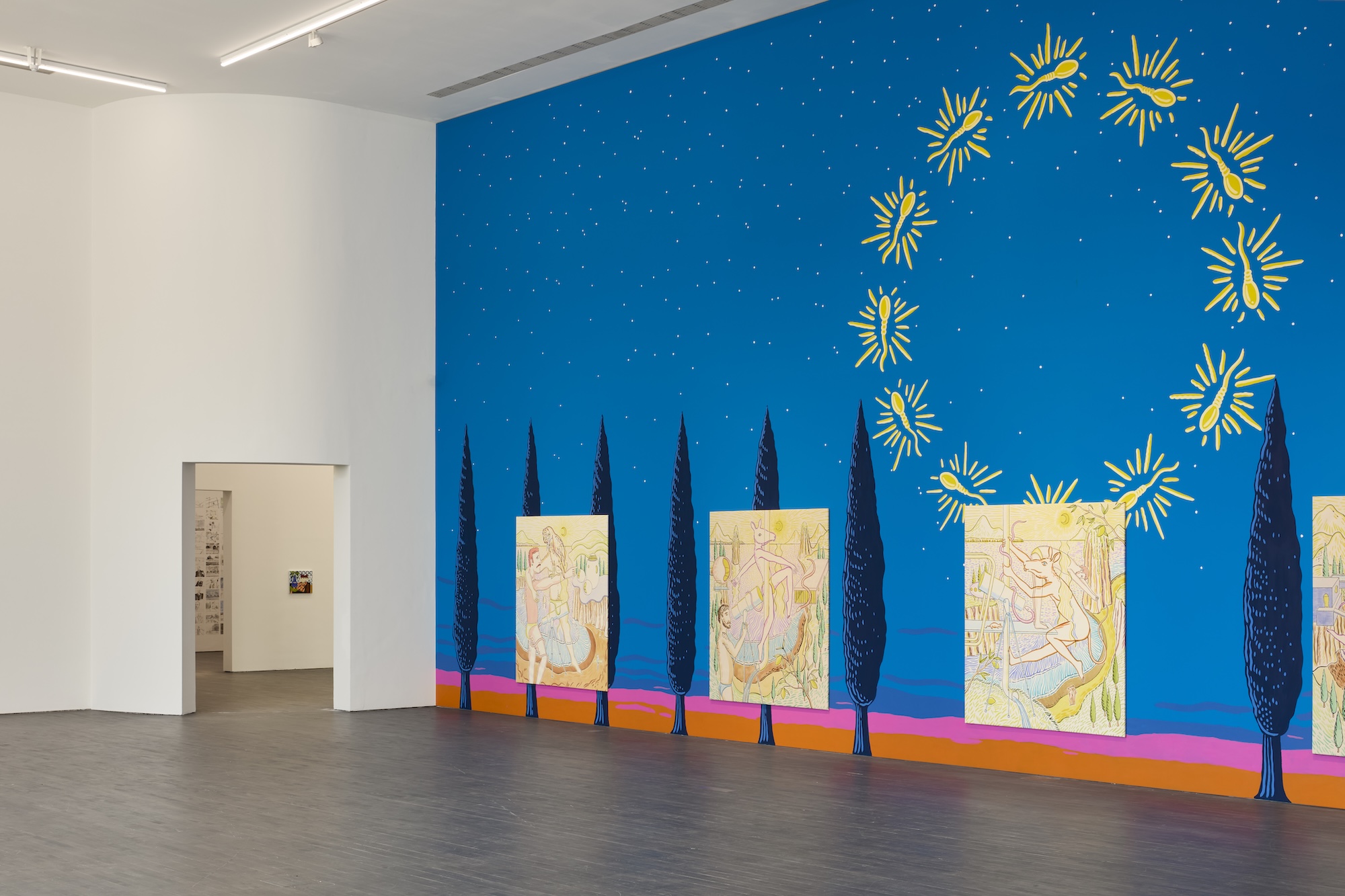Having intermittently spent months at a time over the past five years in Belgium, a country comprised of upside down door handles affixed to the doors of apartment buildings and vending machines excessively slapped with caution tape to mark their malfunction, emblems of peculiar yet operative pursuits turned national treasures by the inspired ‘Belgian Solutions’ Instagram account that documents surreal remedies to problems of Belgian daily life, it comes as no surprise that one of the most homophobic politicians in the European Parliament sought diplomatic immunity after being caught at a drug fuelled gay sex party amidst the covid-19 lockdown restrictions in the heart of its capital.
Descending a drainpipe of Rue des Pierres to escape the soirée and flee the police who soon detained him, the Hungarian-born, and apparently closeted, MEP József Szájer, who for 30 years continuously pushed an authoritarian and acutely conservative agenda serving under Viktor Orbán’s ruling Fidesz party, soon found the public apparatus to be not quite the Belgian solution he hoped for. Infamously shrouded in scandal, Szájer was denied immunity, forced to resign from political office and to issue a public apology on behalf of his wife, colleagues and fellow citizens, before consequently withdrawing into relative obscurity through sheer quiddity of his misconduct.
Aligning the debacle with the surrealist paradigm of art history Belgium is more formally known for, Brussels-based Portuguese artist Luís Lázaro Matos — a somewhat connoisseur of provocation himself, having previously incepted the Kunstmuseum library in Basel with a series of paintings displaying a cacophony of fornicating animals for Art Basel Parcours in 2023 — has resurrected Szájer’s ordeal for cultural consumption in the institutional group exhibition ‘Painting After Painting - a contemporary survey from Belgium’, held at Stedelijk Museum voor Actuele Kunst (S.M.A.K) in Ghent. Being one of five artists commissioned to create an in-situ work, Lázaro Matos presents Diplomatic Immunity (The Eurorats), a large-scale installation that functions as a composite sketch to gesture towards a reimagining of Szájer’s fateful evening with a fictional series of transpiring events post-scandal. Taking centre stage and indeed the largest room afforded to the exhibition, the installation is comprised of a fabricated resignation letter and a series of paintings atop an azure blue mural of a hijacked European flag, having substituted the golden stars, representing the morale of unity and democracy, with a ring of yellow spermatozoa, somewhat absurdly depicting a pose afforded to a cohort of synchronised swimmers.
This hallucinatory, tongue in cheek approach to image making — a staple of Lázaro Matos’ oeuvre — continues to manifest throughout the paintings that conflate Szájer and his fellow party goers with a gathering of mythical hybrids and animals, whose drug fuelled escapades serve as a melodramatic storyline from a queer telenovela or a superlative homoerotic synopsis to a Grindr the musical-esque play that unfold as a sequencing of events across the five canvases in storyboard formation. Whipped up into a frenzy of colourful narratives à la Picabia by way of the transparency, the orgy of entities articulate a vibe that collapses carefree hedonism with a hallucinogenic induced delirium, accentuated by the idyllic neon landscapes they frequent, having flourished in consequence of the lockdown, and the blues, pinks and oranges of the twilight sky the mural of the EU flag fades into. Indefinable by the polarities of day and night, the noncommittal realm of twilight sets the stage for Szájer’s double life, which, by adopting post-binary tendencies, like the European Project being consistently situated at the crossroads of negotiation, can also be defined by periods of transition and transformation.
Evoking the double entendre of the nocturnal rodent as a cunningly deceitful politician and derogatory stereotype used to describe homosexual males in lure of a casual tryst, Szájer dominates the scenes as the protagonist playing the anthropomorphic ‘Eurorat’ (pun of eurocrat), who’s often featured mid performance on a stripper pole, transcending his descent of the drainpipe to flee the police into a fictionalised, albeit fabulously camp, choreography. In comparison to his theatrical ensemble, who appear seemingly relaxed and mildly curious if not gently licentious, Szájer appears more animated, giving it all at his unbeknowst ‘going away’ party. The recurring phallic motif of the telescope (like that of the snake) is at once the literal phallus of a man and a ‘tool’ whose lens, when not promiscuously blocked by Szájer’s rear end, gazes past the limitations of its canvas, out into the scenes of other paintings or toward the cosmological vastness of Belgium’s Eurocentric midnight sky. Apparating as a looming omen, as vividly monumental as it’s enormity to transcend the paintings into windows of the flat hosting the soirée, any caution of being caught, fired and cancelled is eclipsed by the ketamine-esque high that correlates the flag’s yellow ring of spermatozoa to Szájer’s anal sphincter, having aforementionely pushed it into the lens of the telescope while pole dancing. Likewise, the (scenes of the) paintings star a series of owls who, for all the wisdom they possess, conjure a stare that appears to conscientiously break the fourth wall, and yet their heads having been cocked to an unnatural 180°, make it easy to assume their psychic insight lost in a hazy drug fuelled trance, unable to predict the impending exposure, nor comprehend Szájer’s resignation letter displayed across the five opposing windows.
Publicly responding to his clandestine homosexuality and to the covid violating congregation manifested in the five correlating paintings, Lázaro Matos presents a fabricated document that reads more like poetry than a formal public statement, superseding any sincere remorse or typical formalities with an optimistic stance, lampooning the severity of the fraudulent ordeal to farcical heights by its nonchalant execution. The vexation is deepened by a tension between the charming childlike handwriting delivering the resignation, and its address to the most senior member of the European Parliament, whose authority, discerned by the austere window panelling and bureaucratic-like space of the institution, appears to be made a mockery of itself.
Quoting the witty Irish poet and agent provocateur of Victorian society, Oscar Wilde; “we are all in the gutter, but some of us are looking at the stars”, evokes the celestial as a spiritual symbol for navigation, suggesting the public outing of Szájer’s sexual orientation by way of the ring of spermatozoa was somehow fated, granting him the opportunity to live an authentic life, liberated from hypocrisy and shame. Lázaro Matos appears to look upon the scandal with a somewhat kind indifference, not by offering a resolution but as a condition for hope. Comparing the Hungarian politician to Oscar Wilde, who wasn’t only ostracised from his community but forced into exile after being convicted of “gross indecency”, he encourages the aspiration to look beyond immediate difficulties in the face of adversity by voiding any humiliation with the deployment of humour. Despite having fallen into professional ruin like Oscar Wilde, the resignation letter proposes there’s a liberation that comes from losing everything, and that (akin to Wilde’s legacy) the spectacle surrounding the covid violation that afforded Szájer’s emancipation destines the politician to become an icon of gay rights.
Signed by the pseudonym of the Eurorat, Lázaro Matos alludes to Szájer’s tragicomedy without naming him explicitly, since the ploy and affect of stating the protagonist’s subjectivity (negatively) by implication rather than affirmation, universalises a caution to those leading double lives as insinuated by the use of the plural ‘Eurorats’ in the title. Comparable to the queer anthropomorphic hybrids who welcome the obsolescence of binary thinking, evoking the nuanced nature of our sexual desires and impulses as agents of a bi-lateral progressivism, akin to the visitors who are physically forced to negotiate the many exit and entry points of the room toward the rest of the exhibition, Belgium itself is a country of complex national identity. Being a kingdom of diplomatic intrigue, fostering the dividing districts of the Dutch speaking Flemish, French speaking Walloons and small Germanic population on the eastern front, the curators of the exhibition naturally go as far to claim it nonsensical to limit the significance of Belgian painting to the country’s borders, with the objective to promote a multi-national and intergenerational exchange between the 74 artists residing in the country. Reflecting the nuances of contemporary living, whereby the personal is synonymous with political and public scrutiny is as rife as the consciousness of pronouns, Diplomatic immunity (The Eurorats) takes place in the ‘Mirror on Society’ section of the exhibition, only 56KM from the drainpipe Szájer descended in Brussels, whose metal clamping has been lodged with a 20ft (forint) Hungarian coin in an act of solidarity.
Luis Lázaro Matos: Diplomatic Immunity (The Eurorats). Exhibition views at S.M.A.K., Belgium, 2025. Courtesy of the artist and S.M.A.K.
Proofreading
Marta Espiridião




